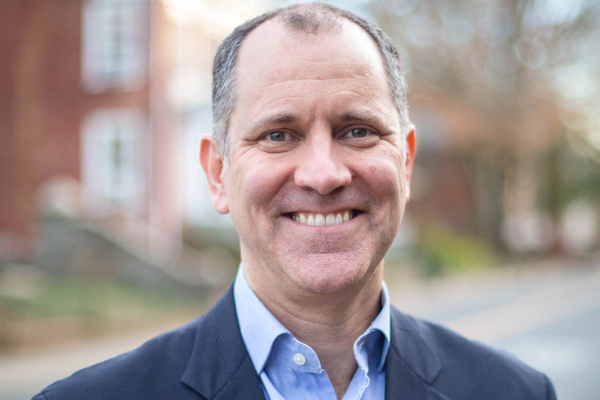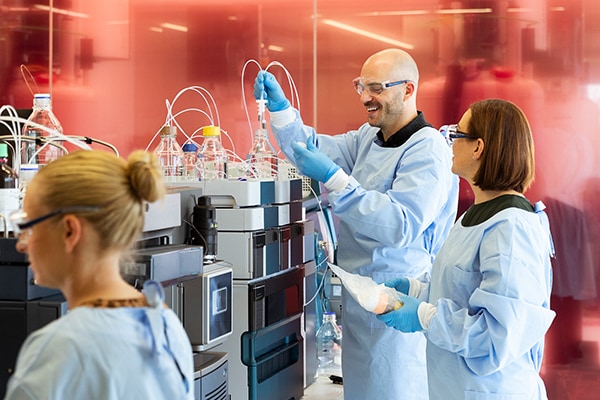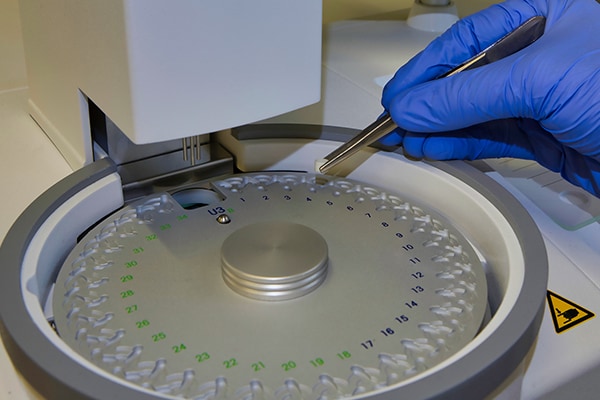According to the International Energy Agency (IEA), direct air capture (DAC) is currently operating at just 18 plants worldwide and only collecting 0.01 million metric tons of CO2 combined per year. To stay on track to meet IEA 2050 net zero goals and limit global warming to 1.5˚C, DAC will need to scale up to capture 60 million metric tons per year worldwide by 2030 alone. So, limiting factors, including cost, materials, thermal and fluid management, process engineering and advanced manufacturing need to be addressed quickly!
David Moore, the Carbon Capture Technology Leader for GE Vernova Advanced Research, and his group are preparing to scale up their promising sorbent-based DAC system by more than 20-fold for a new round of testing in 2024. This project grew out of previous efforts to capture water from arid desert air for the Defense Advanced Research Projects Agency (DARPA), and is a prime example of how novel solutions like DAC can arise through partnerships between US Government agencies, academia, and industry. By seamlessly coupling experimentation and computation, including the use of advanced machine learning methods, sorbent materials and sorbent-binder formulations were discovered to create a coating that, when covering a large surface area of a heat exchanger, will act like a sponge to pull CO2 out of the air and transfer it to other parts of the DAC system for processing into a storable or usable form.
Register now to learn about this promising contribution to the growing landscape of carbon capture science, how this system addresses limiting factors to scaling up DAC, and the strategic ways that General Electric’s team collaborated with external partners in government and academia to advance their work. This ACS Webinar is moderated by Young-Shin Jun (Chair of Science & Technology Subcommittee of the ACS Committee on Science) of the Washington University in St. Louis and is co-produced with the ACS Committee on Science.
* If you are having technical difficulties viewing the video please try different internet browsers like Chrome, Firefox, and Explorer. If you still can not access the video please review the following computer prerequisites from our video hosting platform.
What You Will Learn
- What is sorbent-based direct air CO2 capture and how experimentally-derived structure-property-performance relationships coupled with machine learning play a role in the iterative advancement of sorbent materials
- How scaling up direct air carbon capture will depend on intersecting innovations across materials, thermal and fluid management, process engineering and advanced manufacturing
- How partnerships across government, academia, and industry are critical to large-scale scientific advancement
Co-Produced With
What an attendee said about this ACS Webinar!

I teach a class to first year students entitled "Chemistry and Energy"....the slides are quite valuable and the presentation of the issues and prospects for large scale direct capture of CO2 were set out very effectively! I would give this presentation an A+
BECAUSE PEOPLE
LIKE YOU CREATE
GREAT CHEMISTRY
You belong here










